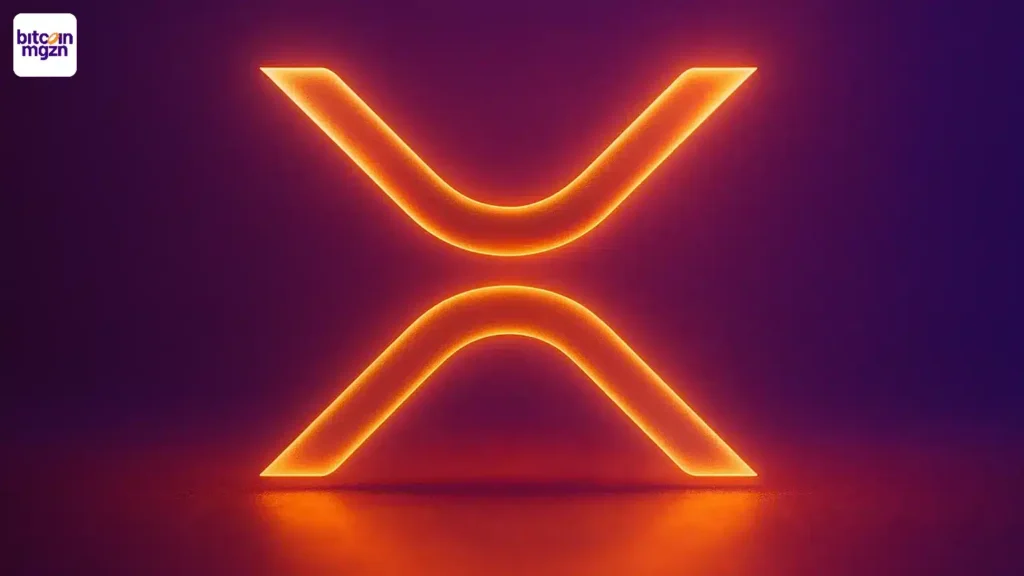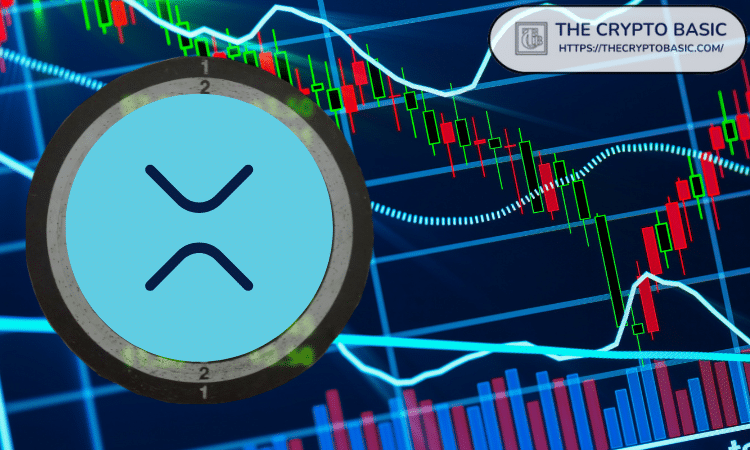Ubisoft is accelerating its use of advanced generative AI systems across the company, with leadership now calling the shift a revolution on par with gaming’s move to 3D.
What did Yves Guillemot reveal about Ubisoft generative AI strategy?
Ubisoft CEO Yves Guillemot used a recent Ubisoft earnings call to underline how deeply AI is now embedded inside the publisher. According to Guillemot, generative AI has been integrated across the entire company and is already shaping future projects. Moreover, he framed the technology as a defining change for the medium rather than a short-term trend.
Speaking on the call (via Game File), Guillemot spent a focused minute on the topic, highlighting its growing importance. He said Ubisoft is “making great strides in applying Gen AI to high-value use cases that bring tangible benefits” to both players and internal teams. However, he also stressed that experimentation is tied to clear production needs rather than abstract hype.
Guillemot went further, claiming: “It’s as big [of] a revolution for our industry as the shift to 3D. And we have everything to lead on this front.” With that, Ubisoft positioned itself as an early, aggressive adopter. The company has previously partnered with technology firms such as Nvidia on cloud and AI initiatives, building a base for these efforts.
How is Ubisoft using generative AI in games for player experiences?
On the player-facing side, Guillemot said Ubisoft is advancing “groundbreaking” gaming AI applications. These are built on its neo NPCs prototype, which the publisher first announced in 2024. That said, what began as experimental prototyping has now moved into what Guillemot called “player reality” in active development pipelines.
He noted that the company has already progressed beyond early tests and is preparing to showcase more concrete implementations before the end of the year. Moreover, Ubisoft appears keen to position AI-driven non-player characters as a core pillar of future design, potentially reshaping how players engage with in-game worlds. Details on specific titles were not disclosed during the call.
So far, the most visible result of these efforts has been a prototype version of the Neo NPCs unveiled in demos and presentations. In internal discussions, Guillemot described this technology as “a tool that’s been built first” with the expectation that creative teams will discover the best ways to use it. However, he acknowledged there is an argument that the most powerful game development AI tools emerge when they directly solve pre-existing design or production problems.
How extensive is Ubisoft AI integration inside its studios?
Guillemot emphasized that the publisher’s AI work now goes well beyond isolated R&D projects. On the production side, he said, teams in all Ubisoft studios and offices are “embracing this new technology”. Moreover, they are “constantly exploring new use cases” across programming, art workflows and overall game quality improvements.
This means that Ubisoft AI integration is no longer limited to experimental showcases like Neo NPCs. Instead, generative systems and automation are being deployed to support everyday tasks, from content creation to quality checks. However, the company has not yet detailed which internal tools are in regular use or how they affect staffing and budgets.
Previously, Guillemot had downplayed the hype around AI, describing it as “just another technology to be tested”. Fast forward to the current surge of AI optimism, and his tone has clearly shifted. He now appears firmly bullish on generative AI in video games, framing it as a foundational layer of future development rather than a side experiment.
How has Ubisoft’s AI push been received by players?
Despite leadership’s enthusiasm, Ubisoft’s AI journey has not been entirely smooth. The company recently apologized to Anno 117: Pax Romana players for the “accidental” inclusion of an AI-generated loading screen in the release version of the game. However, the incident highlighted how quickly generative assets can slip into shipped products and spark community backlash.
The apology suggested that internal guidelines around AI usage are still evolving. Moreover, player reactions underline a broader tension across the industry: while some welcome increased dynamism and scale from generative AI in games, others worry about quality, transparency and potential job displacement. Ubisoft has not yet published a detailed public policy on where it draws those lines.
Broader industry debates on AI art, voice synthesis and narrative design continue to intensify. External observers and labor organizations, such as the Writers Guild of America, have raised concerns about unchecked AI deployment. For context, coverage by outlets like IGN and analysis from PC Gamer have tracked similar controversies around other publishers and studios.
Why does Ubisoft see a generative AI revolution in games?
Guillemot’s comparison between AI and the transition from 2D to 3D reflects how Ubisoft views the long-term impact of these tools. In his view, the generative AI revolution in games will reshape workflows, game design and player expectations in a way comparable to that earlier technological leap. Moreover, he believes Ubisoft’s global scale gives it an advantage in deploying such systems.
According to Guillemot, AI can support both content scale and systemic depth, from smarter non-player characters to more reactive worlds. However, he also framed it as an enhancer of human creativity rather than a replacement, suggesting that the most effective deployments will augment designers and writers instead of sidelining them.
Industry analysts have noted that large publishers experimenting with AI-led production pipelines could achieve faster iteration times and lower certain costs. That said, they also warn of legal, ethical and reputational risks if companies do not manage data sources and labor impacts carefully.
What was the market context around Ubisoft’s latest comments?
The AI-focused commentary arrived during an earnings call held shortly after the temporary cessation of trading for Ubisoft shares. The pause triggered broad speculation across the games industry about a potential acquisition or major restructuring. However, Ubisoft later confirmed that the halt was due to an issue with new auditors rather than any takeover activity.
This backdrop added extra weight to Guillemot’s remarks. Moreover, it signaled to investors that Ubisoft is betting heavily on AI as a differentiating factor at a time of intense competition. While he did not provide specific financial targets tied to AI, framing it as a revolution on a 3D-like scale indicates management sees it as central to long-term strategy.
In summary, Ubisoft’s leadership now treats advanced AI as a core pillar across design, production and live games, moving well beyond early experimentation. The coming months, and any further demos of Neo NPCs or related systems, will show whether this bold positioning translates into experiences that players actually embrace.
Source: https://en.cryptonomist.ch/2025/11/21/ubisoft-generative-ai-revolution/



